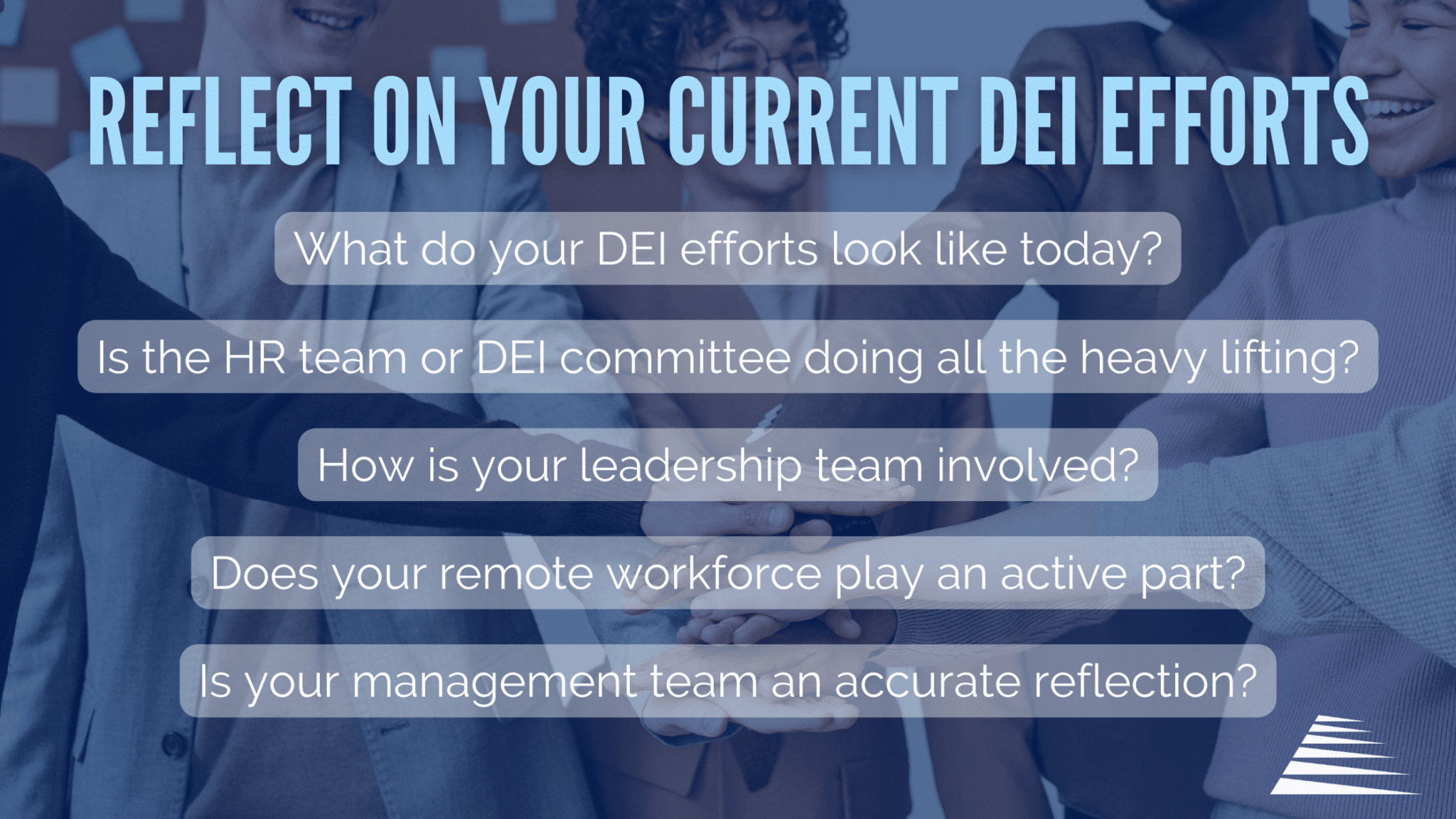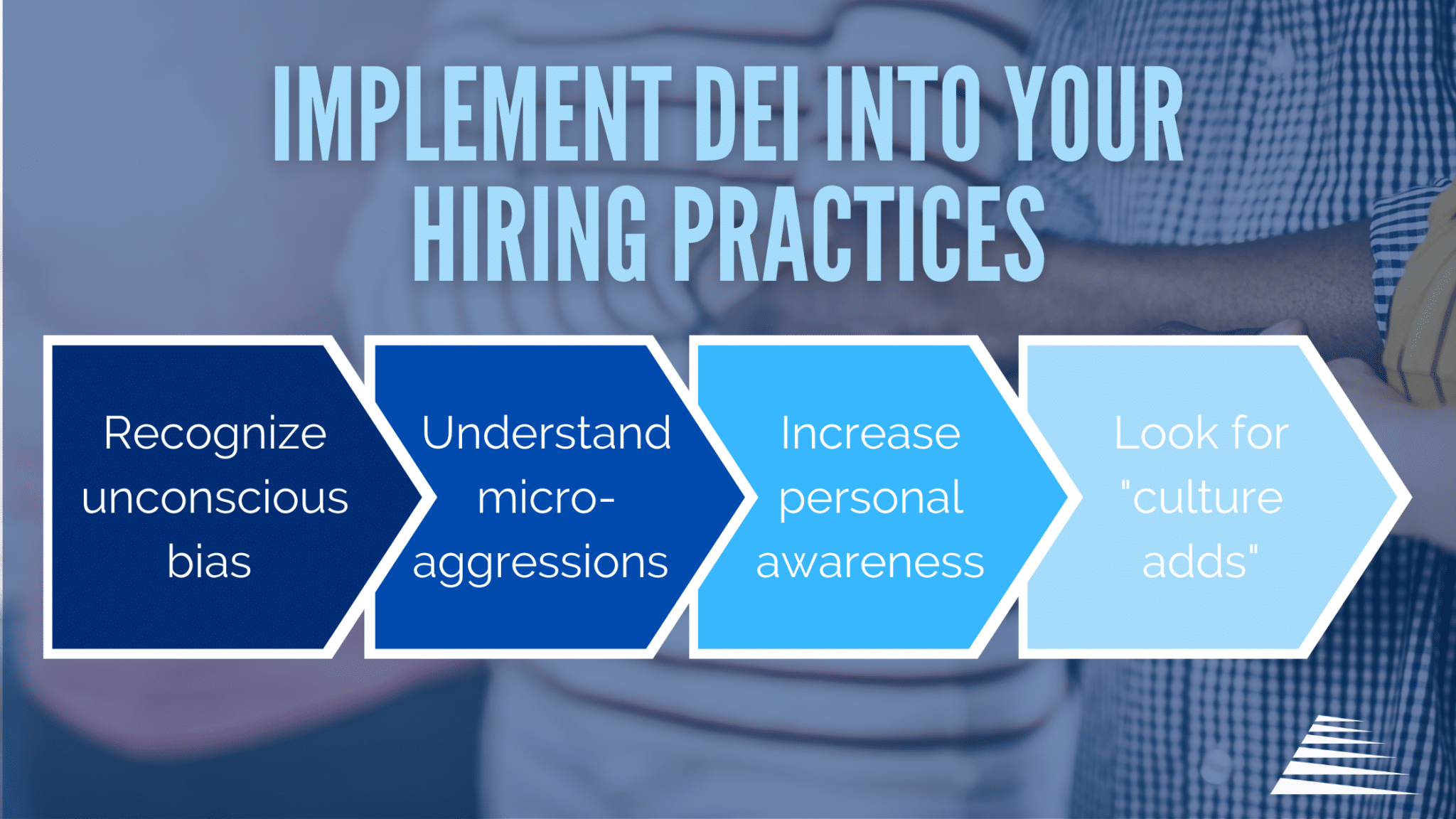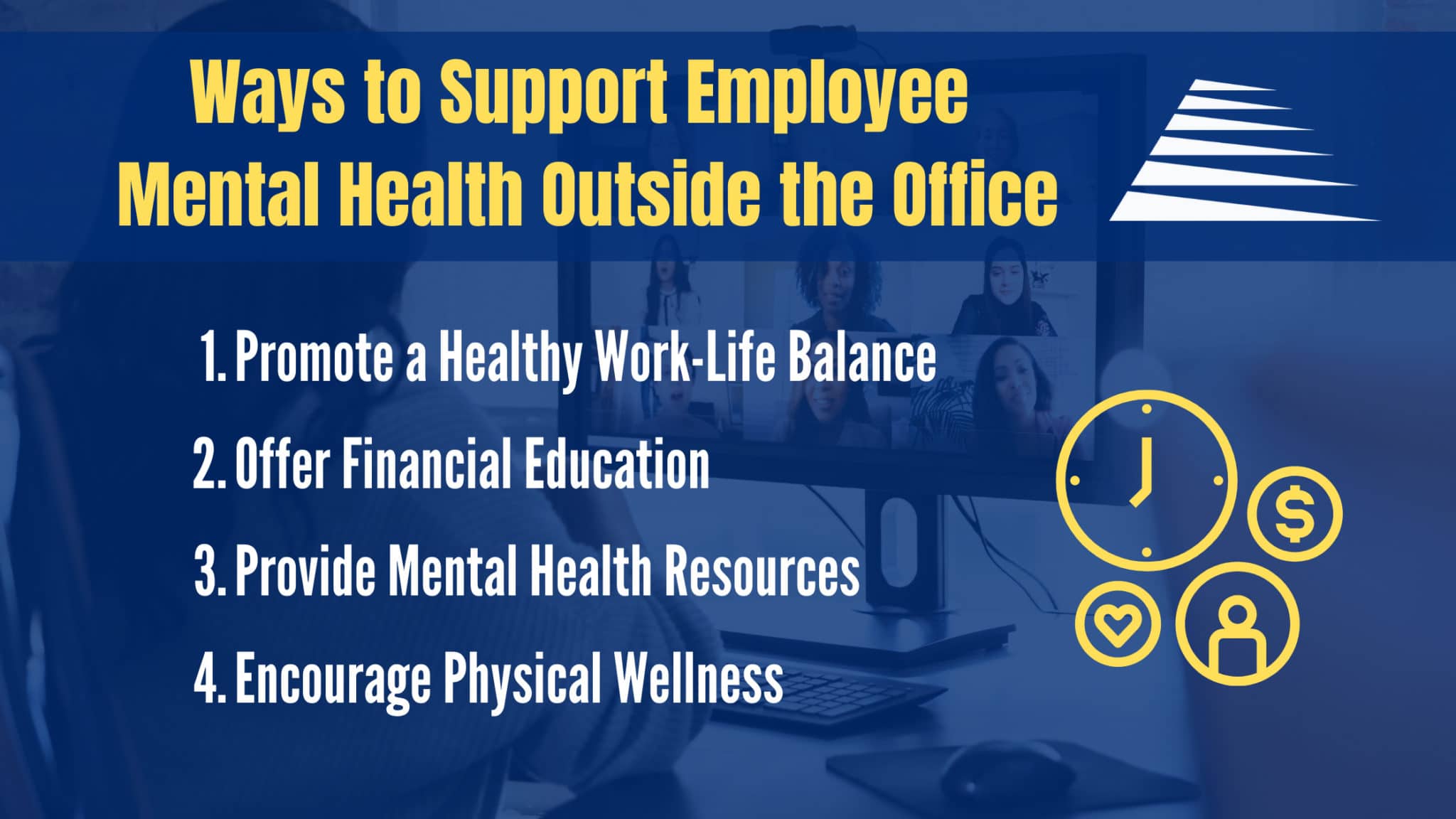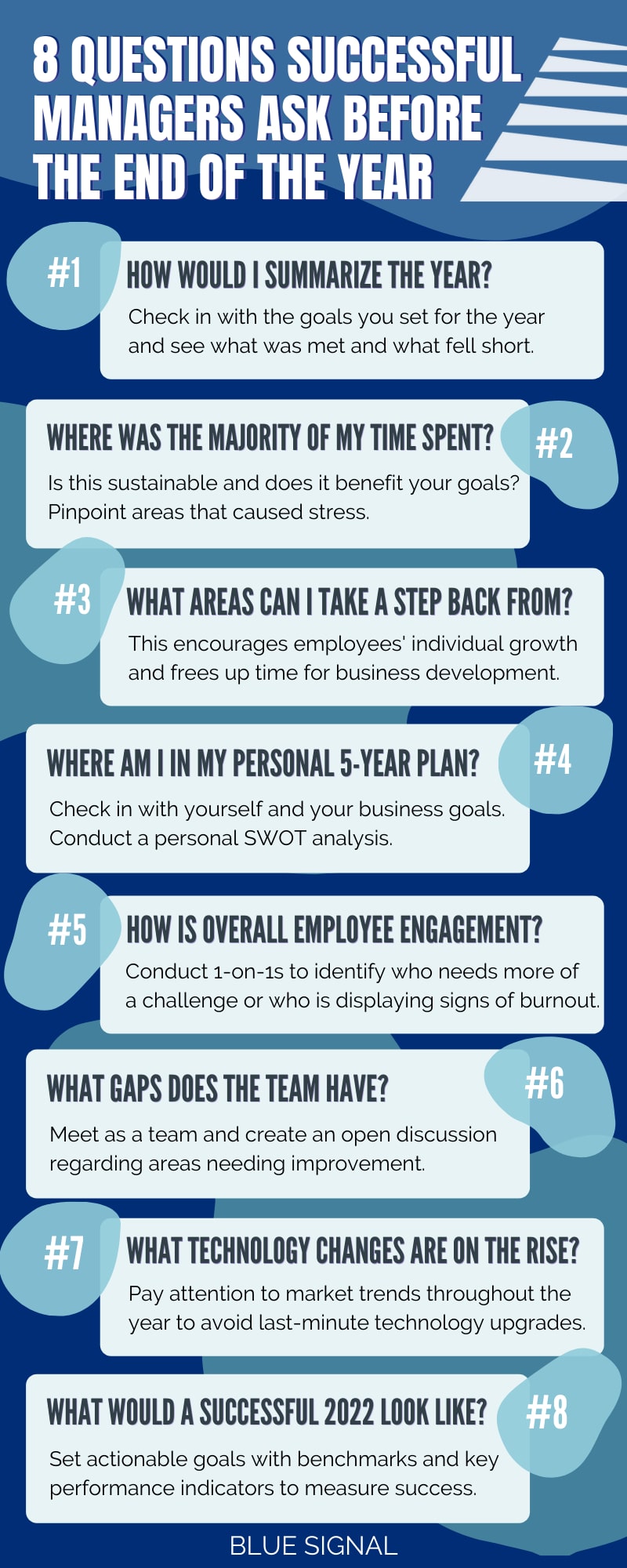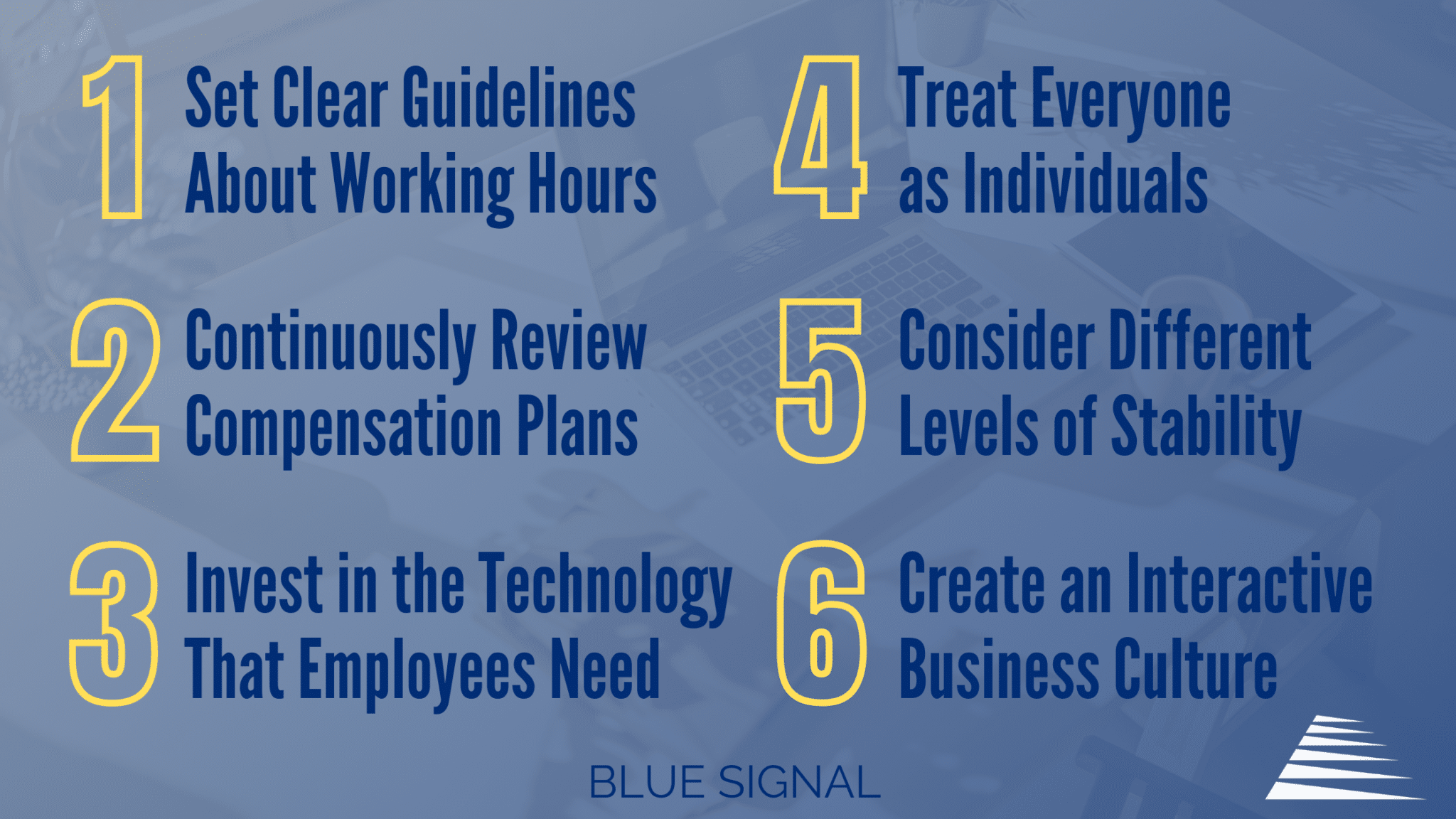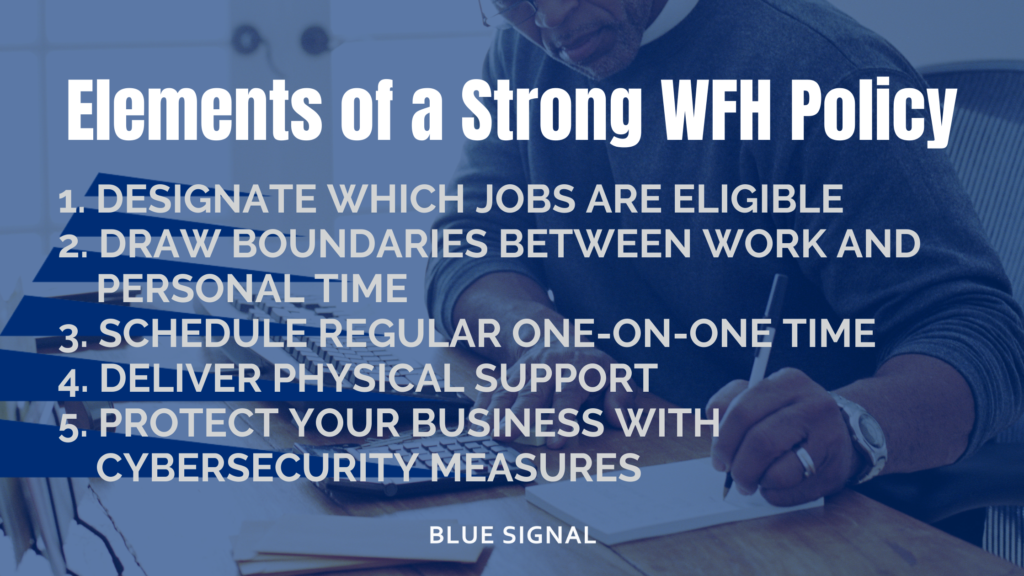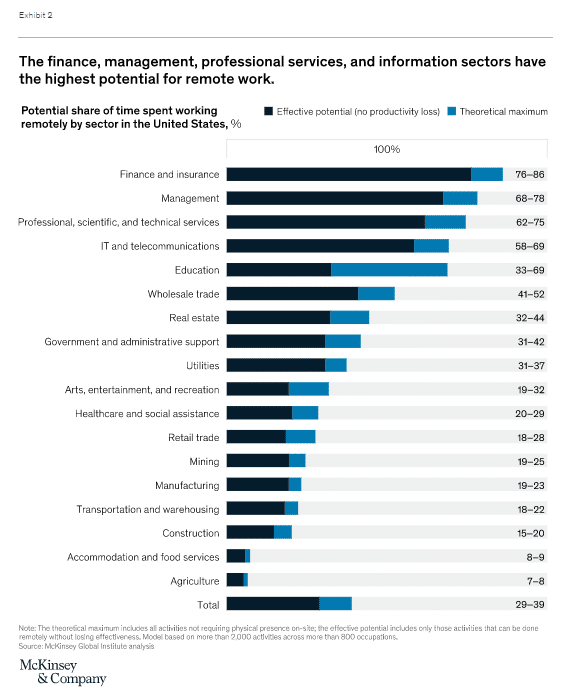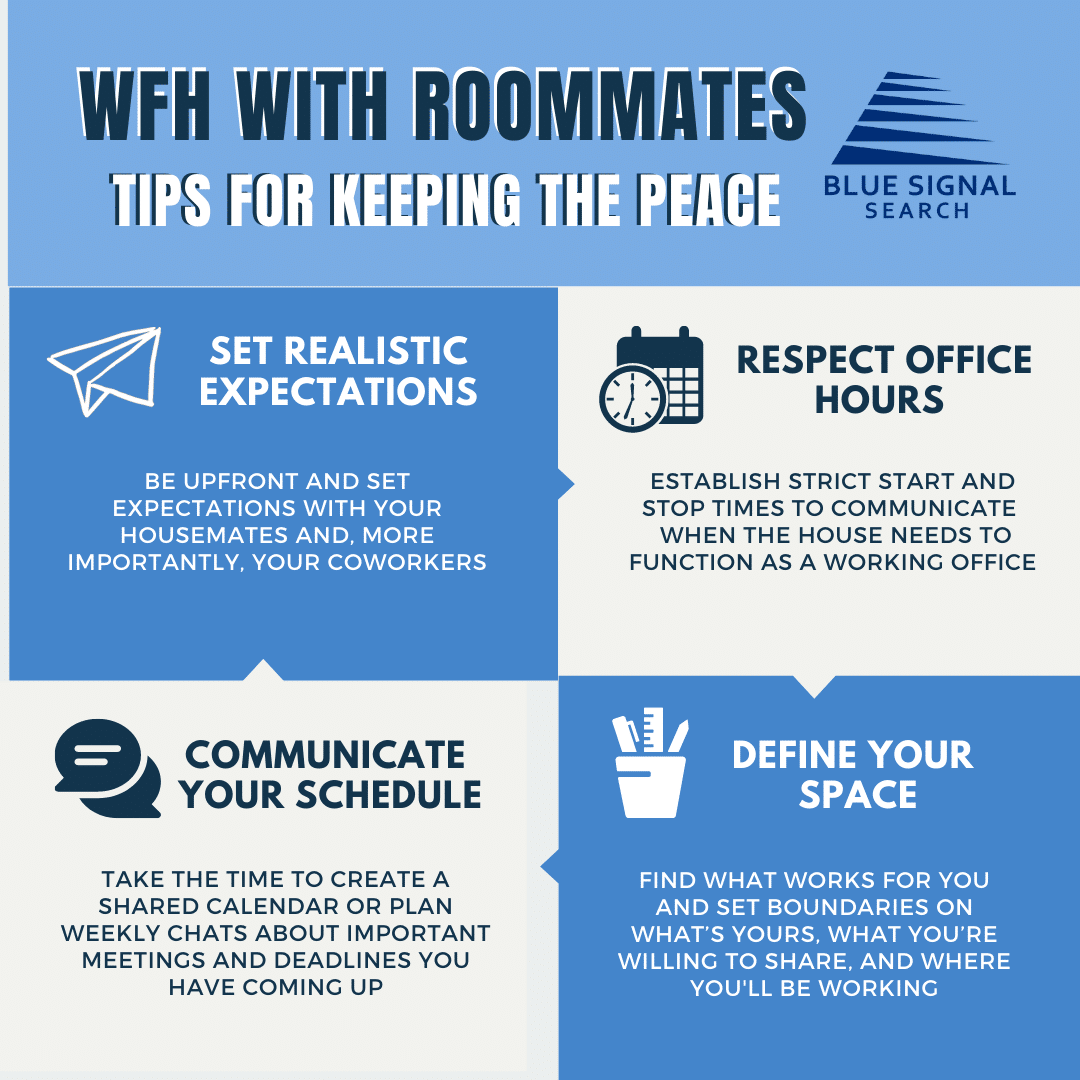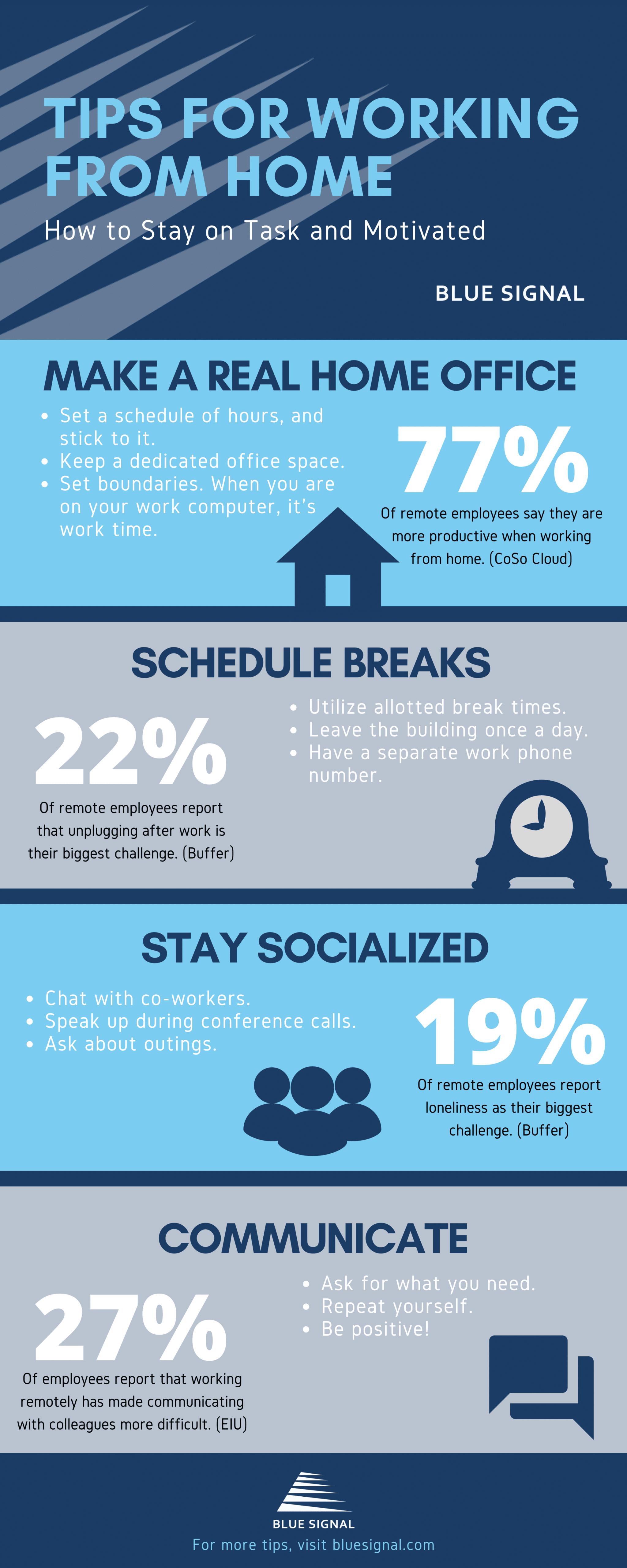Sales roles in particular have some of the highest turnover rates when compared to any other department or industry. Because of this, it’s important to productively utilize your time interviewing, on-boarding, and training a new sales executive. As a hiring manager, it’s crucial you go into each interview as prepared as possible in order to make the best decision.
Asking the right questions during an interview will lead to key insights you’ll need when weighing the options. Information related to the role, company culture, and a candidate’s work ethic are all important to touch on. Use this list of interview questions as your guide next time you’re hiring a sales executive. You may be surprised to see what insights you’re able to gain when you dive deeper than the stale “walk me through your sales experience” type of inquiries.
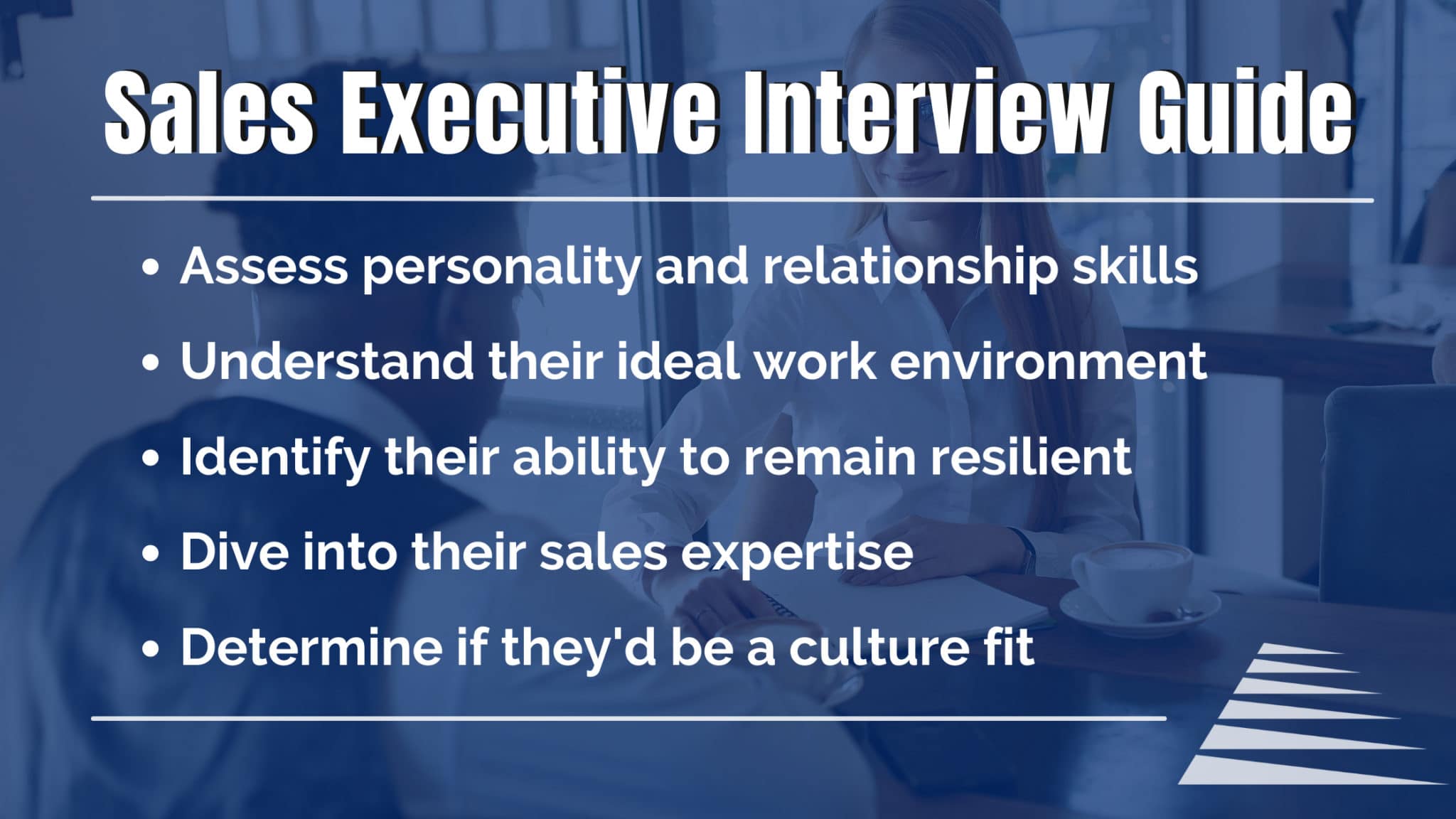
Personality & Relationship Skills:
1. What’s your favorite part of a sales job/process? Least favorite?
This response will offer key insight when fitting candidates to your exact sales role. For example, if the role you’re looking to fill is 60% cold calling/prospecting and the candidate replies with this being their least favorite – the role most likely isn’t a fit. Often, sales executives will shy away from admitting something they don’t enjoy in fear of not coming across as a team player. There are multiple ways to frame this ask if you don’t think you’re getting a straightforward answer from a candidate. Asking “In your last position, how much time did you spend cultivating customer relationships versus hunting for new clients? Did you enjoy that?” often does the trick.
2. If you asked your manager what your biggest strength and weakness is, what would they say?
Asking sales executives about their strengths and weaknesses may seem like a basic interview task but it’s common for a reason. Framing this from the perspective of their current or previous manager will give you even more insight to their past experiences. This will also shed light on the candidate’s confidence level in those roles. Often, sales executives will dodge the weakness aspect of the question. Don’t take “none” for an answer and try to uncover how they are at “selling” themselves, and how they are at critical thinking/problem-solving.
3. Given these three terms: promotion, money, and recognition; put them in their order of importance.
This question will give insight into what a sales executive values in both their career and in life. As a follow up question, ask them to explain what each of those terms look like to them. Their answers will explain what they’ll be motivated most by and what they’ll use as a benchmark for success. Be sure to leverage the answer if you end up managing them, and you’ll already be ahead of the game.
4. If you had no obstacles and could start your dream job tomorrow, what would that role look like?
This more creative way of asking the tired “Where do you see yourself in 5 years?” question will keep an interviewee on their toes. It still allows you to break down their short-term and long-term goals, but also sidesteps the possibility of a candidate providing a manufactured answer. Oftentimes, the 5-year question usually prompts a response that the candidate thinks you want to hear.
Regardless, planning for the future of any employee you decide to hire is important. Thinking in terms of the future benefits not only the sales executive, but the manager and company as a whole as well. When forecasting team strategy, you’ll need to know your sales executives are here for the long haul. To help avoid even higher turnover rates, asking this question weeds out the candidates who aren’t truly passionate about the position, and helps you determine whether or not you’d be able to offer them their dream job, either now or in the future.
5. Tell me about a time when you collaborated with other sales team members and those outside of the sales team.
This answer will be key when deciding if they’re a team player or a lone ranger in the field. If one or the other is important to the role, the response can be extremely useful. In most sales roles, relationship building and collaboration skills are essential, so don’t be shy with follow up questions if you need more information! Asking “What impact were you able to make or what goals did you achieve?” can lead to further insights. Again, this will depend on the exact position the interview is related to. If the role will have a high amount of internal collaboration with a team – focus on that, and vice versa.
Ideal Work Environment Insights:
6. What type of work environment do you thrive in?
This question and answer often gets overlooked but can be one of the most detrimental if discovered post-hire. In order for a sales executive to thrive in any position, the environment and culture around them needs to be a fit. Take the candidate’s response and compare their preference to the environment they will be in at your company. Does it seem like a match? If you don’t value the same things here, turnover can be expected and moving forward with the hiring process wouldn’t make sense.
Another thing to consider is that all 2022 hiring trends point to the remote and hybrid workforce continuing to grow. Experts predict that by 2025, roughly 36.2 million employees in the US will work remotely. If the role you’re hiring for permits, be sure to ask candidates key questions surrounding their remote working experience. Ask if they thrive most in a remote, hybrid, or in-office work setting. From there, you should be able to gauge if they require consistent team interaction to succeed, or if they are sufficient working independently majority of the time.
7. Have you ever had a manager you didn’t like? Why?
Management styles can alter the success of a hire in the same way as a work environment. Dive deep into the candidate’s ideal management style and compare it to your own. Can you see yourself working closely with this candidate? Do they seem eager to learn from you and willing to take direction? These are all good follow-up questions to ask yourself after reflecting on their answer.
Also, be sure to note how they portrayed their past experiences. Did they bad-mouth their previous manager, or did they offer facts and expand on the lesson they learned from their experience? Venting and talking negatively about a past role or leader can be a sign of arrogance and lead to a toxic relationship down the road.
8. Which sales metrics do you pay attention to and why?
In sales, personal drive is essential. Asking what metrics they specifically look at when determining success for themselves will give great insight into how they operate. Are they motivated by the same things you use to track success and promotions? If not, it may be hard for the sales executive to feel fulfilled and experience growth in the role.
Ability to Remain Resilient:
9. What do you do to regroup and recover when you have a bad day? Bad week? Bad month?
Sales requires a lot of resilience and the ability to deal with rejection frequently. Asking if sales executives have an established coping mechanism will be telling in how dedicated they are to succeeding in their role. You’ll also be able to reflect on how much experience they’re bringing to the table. This is especially important if the role you’re hiring for will require a lot of cold-calling. Have the sales executive provide personal examples of this experience, which will shed light on how they’ve succeeded in previous roles.
10. How do you motivate yourself?
Along with overcoming rejection, sales roles typically require a good amount of self-motivation. Similar to the previous question, asking how a candidate motivates themselves will highlight their work ethic. An ideal sales executive will have a detailed answer based on past experiences.
11. Describe a time when you had a difficult prospect but were able to persevere and win the sale.
Ideally, the last two questions will lead into a version of this question naturally - but if not, it’s a good one to follow up with. Don’t be afraid to ask for specifics! Some sales executives are pros at misdirection. Candidates who give vague, wordy answers should be a red flag. By asking for a specific time when candidates managed a difficult prospect, and how the situation played out, you’ll be able to gather the details you need to trust their skills. An ideal sales executive will offer insight on lessons they learned and will be able to explain how they applied that knowledge to future situations – preferably without having to be asked. This highlights strong customer service and interpersonal skills that are essential in any good sales executive.
Sales Executive Expertise & Other Skills:
12. Explain the steps you take from the beginning of the sales process to the end.
Look for detailed answers here that point to their confidence and industry expertise. See which tasks will be similar to the role you’re hiring for. Make note of what will need to be retrained and what will be a breeze for them to pick up when it comes to transitioning into your company’s processes.
13. Pitch me our company’s product/service.
This question is a spin on the classic “sell me something” concept and shows how much knowledge the candidate already has. The biggest underlying insight you’ll gain from this question is the amount of research they did to prepare for this interview with your company. A sales executive with a firm understanding of what the company does and the products and services they provide will ultimately be a dedicated addition to the team. Those who did their homework should be noted, as it directly reflects one’s work ethic and initiative.
14. What’s your proudest sales accomplishment?
This question leads to insights into the candidate’s skill level, confidence, and how large or small of sales they are used to closing. This will also point to their passion for the industry. From their response, you should be able to tell what gets them excited about sales.
15. Have you used CRM software before? If so, which one and how advanced are your skills?
This may seem like a basic, technical question but it allows for major bonus points if the candidate will be able to breeze through learning software during training. Even if the candidate hasn’t worked hands-on with the exact software you use, you can ask them if they’re familiar or have heard of it as follow-up questions. Even a little bit of familiarity and knowledge is better than starting from scratch!
16. How do you stay knowledgeable about your target audience?
A dedicated and passionate sales executive will take the initiative to stay up to date on their industry’s trends and updates. Ask what specific resources they leverage or how often they review industry news. Watch for vague answers here, this is one candidates may try to talk themselves into a circle about if they don’t have a solid answer. Bonus points if they can tell you a bit of recent news they’ve heard with specifics on how they are planning to implement it into their process.
Company Culture Fit:
17. Why did you apply for this position?
This question is a great way to uncover why they’re looking to leave or why they left their current role. Be sure to take notes on how they talk about their previous or current company. As mentioned earlier, bad-mouthing of any kind should be a red flag. This question will also give insights into what drew them to your company specifically. If the vision that was portrayed to the candidate doesn’t fit what you want it to, this then gives you insight on how to better market yourself as an employer.
18. Are you ready to jump on a sales call right now?
In other words, this question asks, “Did you do any research on our company and product offerings?” This will show either a strong work ethic and desire for the role, or a lack of ambition. If you like the answer you receive, another great follow-up could be “If you were to start the job tomorrow, what would you be doing tonight to prepare?” Again, this will shine a light on their motivation and drive to succeed in this role.
19. Why do you want to work here/sell our product/service?
It’s no secret that an employee who is passionate and invested in the company they’re working for will out preform those who aren’t. Gallup's report on employee engagement shows that companies with a highly engaged workforce have 21% higher profitability. This question allows sales executives to open up about what they find intriguing about the role and overall company. Play close attention to see if any buzzwords from your company’s core values show up in their response. Finding candidates that have similar values to what your company is striving for is an excellent bonus.
20. How do you think our company can improve?
Loyalty plays a big role in employee retention. If you can decide which candidates already have initial loyalty to your brand, that’s a big plus! By asking what the company can do to improve, you’re really asking “How much do you care about the company succeeding?” This is a good question to watch for some common red flags as well. Often, you’ll be able to notice if the candidate is the type to tell you what you want to hear, or if they are critical thinkers. Those that answer honestly and critically are more likely to work through challenges to help better the company.
Conclusion:
Ultimately, not all sales roles are created equal. Leverage these interview questions as an outline but be sure to adjust to fit each role’s specific needs. While it’s very important to prepare and have a roadmap for leading the interview, don’t be afraid to get creative and be ready to pivot with follow-up questions based on candidate’s answers.
Once you’ve ran through all the questions you prepared, a great way to wrap up the interview process is by opening up the floor to them to ask you questions. Sales executives who ask questions show they are inquisitive about the role and company culture – which means they are trying to picture themselves there. Declining to ask any further questions is a tell that they may have bad communication skills and may be afraid to ask for what they want – not a skill you want in a strong sales executive. In this sense, be prepared to answer some questions of your own! 67% of employed Americans say that job interviews influence their decision to accept a job – so be sure to portray your enthusiasm for the role, company, product, and/or service offered. LinkedIn reported that the most important considerations in accepting new jobs are compensation (49%), professional development (33%), and better work/life balance (29%). Make it a point to touch on these key points to get sales executives excited about joining the team.
When preparing for the undertaking of hiring new staff, remember that Blue Signal can help alleviate the stress. As experts in the hiring process, our recruiters can help not only coach you through the interviews, but help with sourcing candidates, scheduling interviews, negotiating hiring terms, and so much more. Contact us today to get matched with a specialist in your industry!
